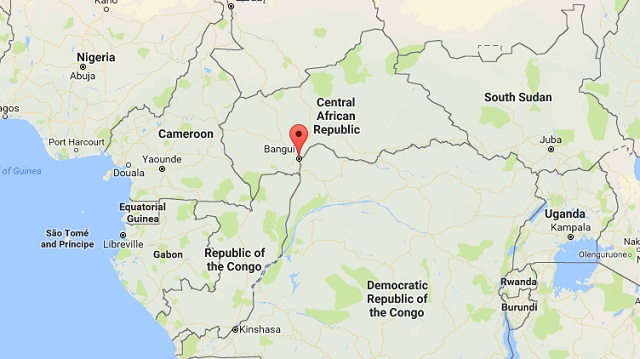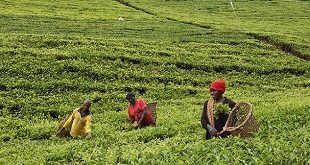
Bangui, Central African Republic | AFP | Two rival armed groups in the northwest of the Central African Republic have signed a ceasefire agreement, the Centre for Humanitarian Dialogue (HD), which helped mediate the accord, announced on Saturday.
The anti-Balaka, a self-proclaimed mostly Christian “self-defence” militia, and the 3R group, which claims to defend the ethnic minority Peul community, agreed in mid-December to cease hostilities in the Nana-Mambere district of the Bouar region, HD said.
“Both groups have committed to an unconditional ceasefire as well as the cessation of all hostilities and attacks against armed fighters from the opposite side,” the Geneva-based NGO said in a statement.
“The agreement also bans the use of weapons, as well as any attack such as the burning of villages and storehouses, the stealing of cattle, assaults against civilians, or any other type of action” that might violate the agreement, HD said.
The accord, which was the result of 11 months of mediation by HD, also provides for the free movement of people and goods, free access to health facilities, schools and other public buildings and support for the return of those displaced by the violence.
It also prohibits people moving through the district while armed.
“This agreement does not resolve the conflict in CAR,” regional head Alexandre Liebeskind said in the statement.
“However, it demonstrates that mediation initiatives between armed groups can help bring peace to parts of the country,” he said.
“Our organisation is committed to working with all conflict parties in the CAR in order to increase the number of such agreements.”
Central African Republic’s presidential administration and the United Nations peacekeeping force MINUSCA were also involved in the mediation efforts.
One of the world’s poorest nations, the CAR was pitched into turmoil after president Francois Bozize, a Christian, was overthrown by the mostly Muslim Seleka rebels in 2013.
The Seleka in turn were ousted by a military intervention led by France, which was followed with bloody reprisals by the anti-Balaka.
Outside of the capital Bangui, most of the rest of the country is in the hands of militia groups, who are fighting over resources in shifting configurations of alliances.
 The Independent Uganda: You get the Truth we Pay the Price
The Independent Uganda: You get the Truth we Pay the Price



